Description
The instruction for medical use
of Ksizal® medicine
the Trade name
of Ksizal®
the International unlicensed
name Levotsetirizin Lekarstvennaya
the Tablet form, film coated, 5 mg
Structure
One tablet contains
active agent – a levotsetirizin dihydrochloride of 5 mg,
excipients: microcrystalline cellulose,
lactoses monohydrate, silicon dioxide colloidal, magnesium stearate,
structure of a cover: gipromeloz (E464), titan dioxide (E171), macrogoal 400.
The description
Oval tablets of white or almost white color, coated, with marking of Y on one party.
Pharmacotherapeutic group
Antihistaminic drugs of systemic action, piperazin derivatives.
Levotsetirizin.
The ATX R06AE09 code
the Pharmakologicheky
Pharmacokinetics Pharmacokinetic Parameters properties of a levotsetirizin change linearly and practically do not differ from pharmacokinetics of a tsetirizin.
Absorption
After intake drug is quickly and completely absorbed from digestive tract. Meal does not affect completeness of absorption though its speed decreases. At adults after single dose of drug in a therapeutic dose (5 mg) the maximum concentration (Cmax) in blood plasma is reached in 0.9 h and makes 270 ng/ml, after repeated reception in a dose of 5 mg/days – 308 ng/ml. Constant level of concentration is reached in 2 days.
Levotsetirizin’s distribution to 90% contacts proteins of blood plasma. The volume of distribution (Vd) is 0.4 l/kg. The bioavailability reaches 100%.
Metabolism
In small amounts (& lt, 14%) is metabolized in an organism by N- and O-dealkylation (unlike other antagonists of H1-histamine receptors which are metabolized in a liver by means of the system of cytochromes) with formation pharmacological of an inactive metabolite. Dealkylation, first of all, is mediated by CYP 3A4, during aromatic oxidation the numerous and/or unknown CYP isoforms participate. Levotsetirizin does not influence activity of isoenzymes of CYP 1A2, 2S9, 2S19, 2D6, 2E1 and 3A4 in the concentration considerably exceeding the peak of the concentration reached at reception of a dose of 5 mg.
Because of the low metabolic rate and lack of metabolic potential the interaction of a levotsetirizin with other medicines is represented improbable.
Removal
At adults elimination half-life (T1/2) makes 8 ± 2 h, at small children of T1/2 is shortened. At adults the general clearance is 0.63 ml/min.
About 85.4% of the accepted dose of drug are removed by kidneys in not changed look by glomerular filtration and canalicular secretion, about 12.9% – through intestines.
At patients with a renal failure (the clearance of creatinine (CC) & lt, 40 ml/min.) the clearance of drug decreases, and T1/2 is extended (so, at the patients who are on a hemodialysis, the general clearance decreases by 80%) that demands corresponding change of the mode of dosing. Less than 10% of a levotsetirizin are removed during the standard 4-hour procedure of a hemodialysis.
The pharmacodynamics
Active agent of drug – levotsetirizin, R-enantiomer of a tsetirizin, belongs to group of competitive antagonists of a histamine, blocks H1-histamine receptors. The affinity to H1 receptors at a levotsetirizin is twice higher, than at a tsetirizin.
Levotsetirizin influences a gistaminozavisimy stage of allergic reactions and also reduces migration of eosinophils, reduces vascular permeability, limits release of mediators of inflammation.
Levotsetirizin prevents development and facilitates a course of allergic reactions, possesses antiexudative, antipruritic action, has practically no anticholinergic and antiserotoninovy effect. In therapeutic doses practically does not render sedation.
Effect of drug begins in 12 min. after reception of a single dose at 50% of patients, in 1 hour – at 95% and remains within 24 hours.
Indications
– symptomatic treatment of allergic rhinitis (including constant allergic rhinitis) both small tortoiseshells
the Route of administration and doses
Is applied inside with food or on an empty stomach, washing down with a small amount of water, not chewing.
Children aged from 6 up to 12 years
the Recommended day dose makes 5 mg (1 film coated tablet).
Teenagers of 12 years are also more senior and adults
the Recommended day dose makes 5 mg (1 film coated tablet).
Elderly patients
Correction of a dose is recommended to elderly patients with a moderate and heavy renal failure (see. Adult patients with a renal failure below).
Adult patients with a renal failure
Intervals of dosing have to be individualized depending on function of kidneys. Address the following table and correct a dose, as shown below. To use this table of dosing, assessment of clearance of creatinine of the patient (KK) in ml/min. of KK (ml/min.) it is required it can be estimated on creatinine of the serum (mg/dl) determined by the following formula:
KK = [140 – age (years)] x the weight (kg) (x 0.85 for women)
72 x creatinine of serum (mg/dl)
Correction of dosing for patients with a renal failure:
The Clearance of Creatinine group (ml/min.)
the Dosage and frequency
Normal
≥80
5 mg once a day
of Insignificant
50 – 79 5 mg once a day
Moderated
30 – 49 5 mg once in 2 days
Heavy
& lt, 30
5 mg once in 3 days
the End-stage of a renal failure – patients on dialysis
& lt, 10
Are available contraindications
the Children having a renal failure
the Dose has to be corrected on an individual basis taking into account renal clearance of the patient and his / her body weight.
Patients with a liver failure
the Dose adjustment is not required to patients only with a liver failure. Regulation of a dose is recommended to patients with a liver and renal failure (see. Adult patients with a renal failure above).
Use duration
Periodic allergic rhinitis (symptoms & lt, 4 days/week or less than 4 weeks) has to be considered depending on a disease and its history, reception can be stopped only after disappearance of symptoms, and it can be renewed again when symptoms appear. In case of persistent allergic rhinitis (симптомы>, 4 days/week and within more than 4 weeks) continuous therapy can be offered the patient during contact with allergens. There is a clinical experience of use from 5 mg of a levotsetirizin in the form of tablets with a film cover with the 6th monthly period of treatment. For a chronic small tortoiseshell and chronic allergic rhinitis there is a clinical experience of use of a racemate up to one year.
Side effects
At children at the age of 6-12 years
– a headache, drowsiness
At teenagers of 12 years and adults
– a headache, drowsiness, dryness in a mouth, fatigue
Post-marketing experience
– hypersensitivity, including an anaphylaxis, a Quincke’s disease, rash, an itching, a small tortoiseshell
– increase in appetite, nausea, vomiting
– aggression, excitement, hallucinations, a depression, insomnia, suicide thoughts, spasms, paresthesias, dizziness, a faint, a tremor, a disgeziya, a disorder of vision, the obscured sight
– heartbeat, tachycardia
– short wind
– hepatitis
– a dysuria, an ischuria
– muscle pain
– swelled
– increase in weight,
the Contraindication abnormal liver function
– hypersensitivity to any of components of drug or piperazin derivatives
– a severe form of chronic kidney disease (clearance of creatinine less than 10 ml/min.)
– children’s age up to 6 years
– pregnancy and the period of a lactation
Medicinal interactions
any research of interaction with levotsetiriziny was Not conducted (including, any researches with the inductors CYP3A4), researches of connections of a tsetirizin with a racemate did not show any clinically significant adverse interactions (with antipyrine, pseudoephedrine, Cimetidinum, ketokonazoly, erythromycin, azithromycin, glipizidy and diazepam). Small decrease in clearance of a tsetirizin (16%) was observed in a research with several doses of theophylline (400 mg once a day) while the arrangement of theophylline does not change at simultaneous use of a tsetirizin. In a research of several doses of a ritonavir (600 mg twice a day) and a tsetirizina (10 mg a day), extent of influence of a tsetirizin was increased approximately by 40%, and the arrangement of a ritonavir was slightly changed (-11%) that accompanied further absorption of a tsetirizin.
Extent of absorption of a levotsetirizin does not decrease with meal though the speed of absorption decreases.
Sensitive patients have a simultaneous use of a tsetirizin or levotsetirizin and alcohol or other depressants of central nervous system can have effect on the central nervous system though it was shown that the racemate of a tsetirizin does not strengthen effect of alcohol.
Special instructions
Patients with chronic kidney disease and advanced age with a moderate and heavy renal failure
the correction of the mode of dosing Is required (see the Route of administration and doses Adult patients with a renal failure).
To patients with the contributing factors of an ischuria to accept with extra care (for example, defeat of a chord of a spinal cord, a prostate hyperplasia) as levotsetirizin can increase risk of development of an ischuria.
Due to presence of lactose, to patients with rare hereditary problems of intolerance of a galactose, deficit of Lapp of lactase or a glyukozo-galactose, malabsorption, it is not necessary to take a pill.
Features of influence of medicine on ability to run the vehicle or potentially dangerous mechanisms
At objective assessment of ability to driving of the car and work with mechanisms any undesirable phenomena are authentically not revealed when assigning of the recommended dose of 5 mg, nevertheless, reasonablly to abstain from the occupations potentially dangerous types of activity demanding the increased concentration of attention and speed of psychomotor reactions.
Overdose
Symptoms: can be followed by symptoms of intoxication in the form of drowsiness, at children the overdose by drug can be followed by concern and acrimony.
Treatment: at emergence of symptoms of overdose (especially at children) administration of drug should be stopped, gastric lavage, intake of activated carbon, symptomatic therapy is necessary. There is no specific antidote. The hemodialysis is not effective.
A form of release and packing
On 10 tablets in blister strip packaging from a film of polyvinylchloride and printing aluminum foil. On 1 planimetric packing together with the instruction for use in the state and Russian languages put in a cardboard pack.
To Store storage conditions in the dry place, at a temperature not above 25 °C.
To store out of children’s reach!
A period of storage
4 years
not to take the drug after expiry date!
Prescription status from drugstore
According to the prescription
Farshim S.A. YuSB Producer, Switzerland
the Packer Eysika Pharmasyyutikalz of Neuter. L., Italy
the Viy Pralya 15, 10044
Owner of the registration certificate
GlaksoSmitKlyayn Export of Ltd., Great Britain
980 Great West Road, Brentford, Middlesex, TW8 9GS,
the UK Address of the organization accepting in the territory of the Republic of Kazakhstan claims from consumers on quality of products (goods) of Predstavitelstvo kompanii GlaksoSmitKlyayn Export Ltd in Kazakhstane050059, Almaty, Furmanov St., 273 Phone number: +7 727 258 28 92, +7 727 259 09 96 Fax number: + 7 727 258 28 90 E-mail address:
To Develop kaz.med@gsk.com
Additional information
| Ingredient |
|---|

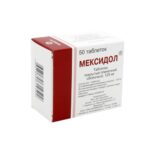
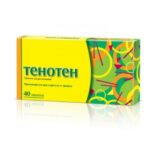
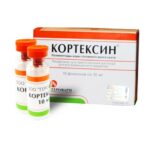
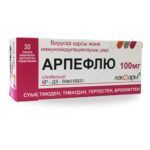
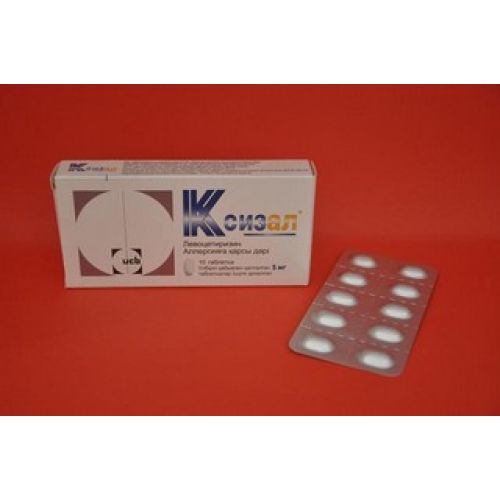
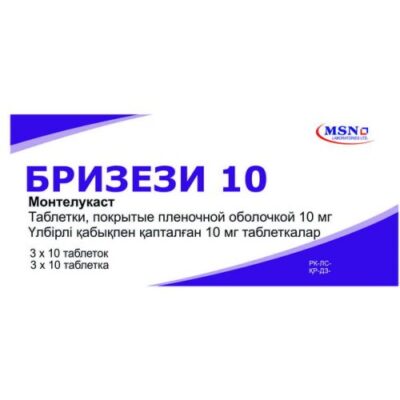
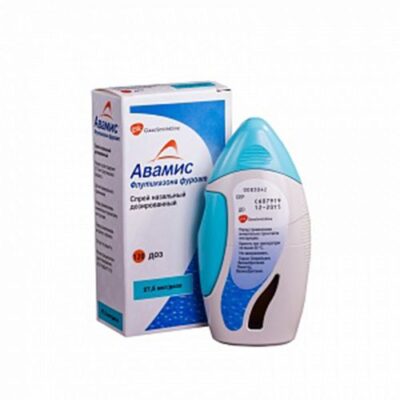
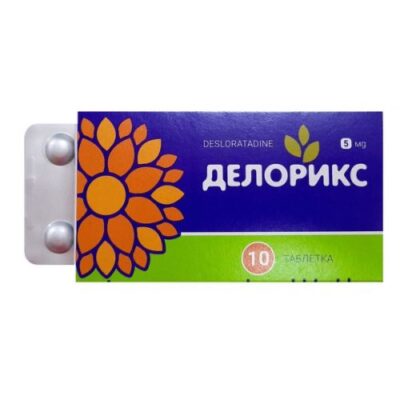
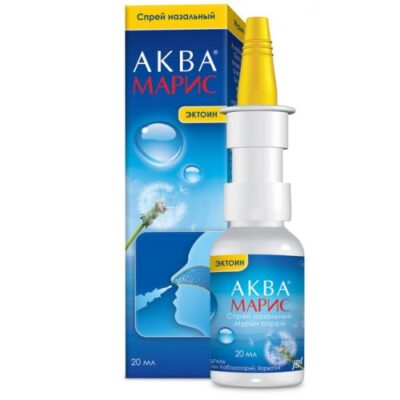
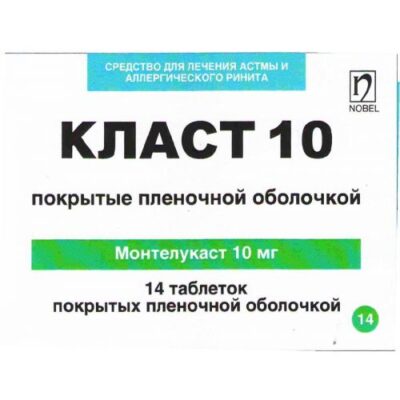
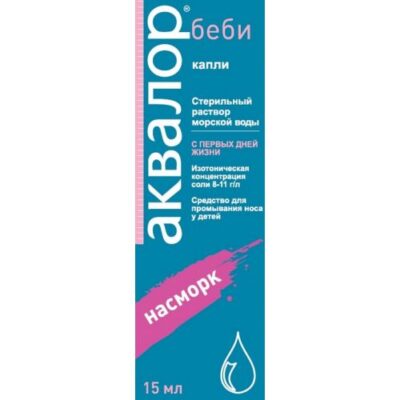
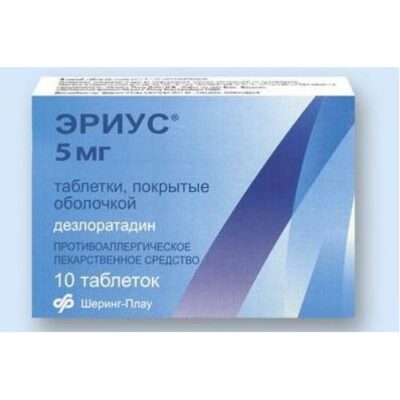
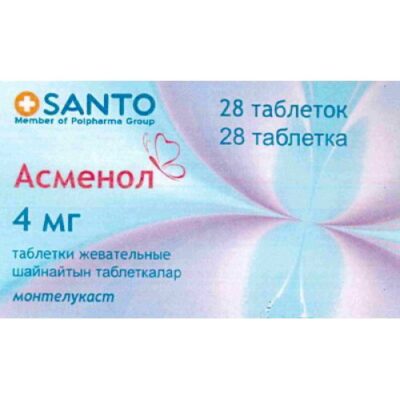
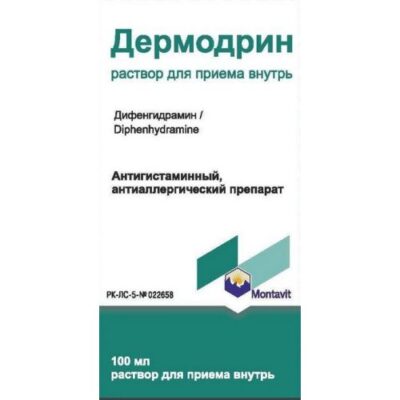
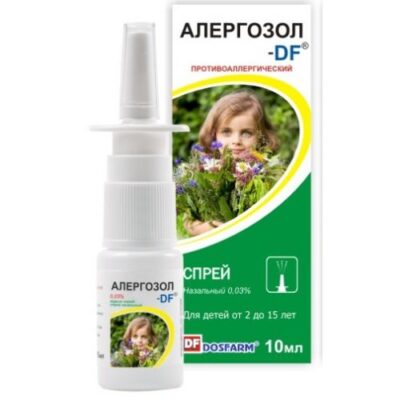






Reviews
There are no reviews yet.